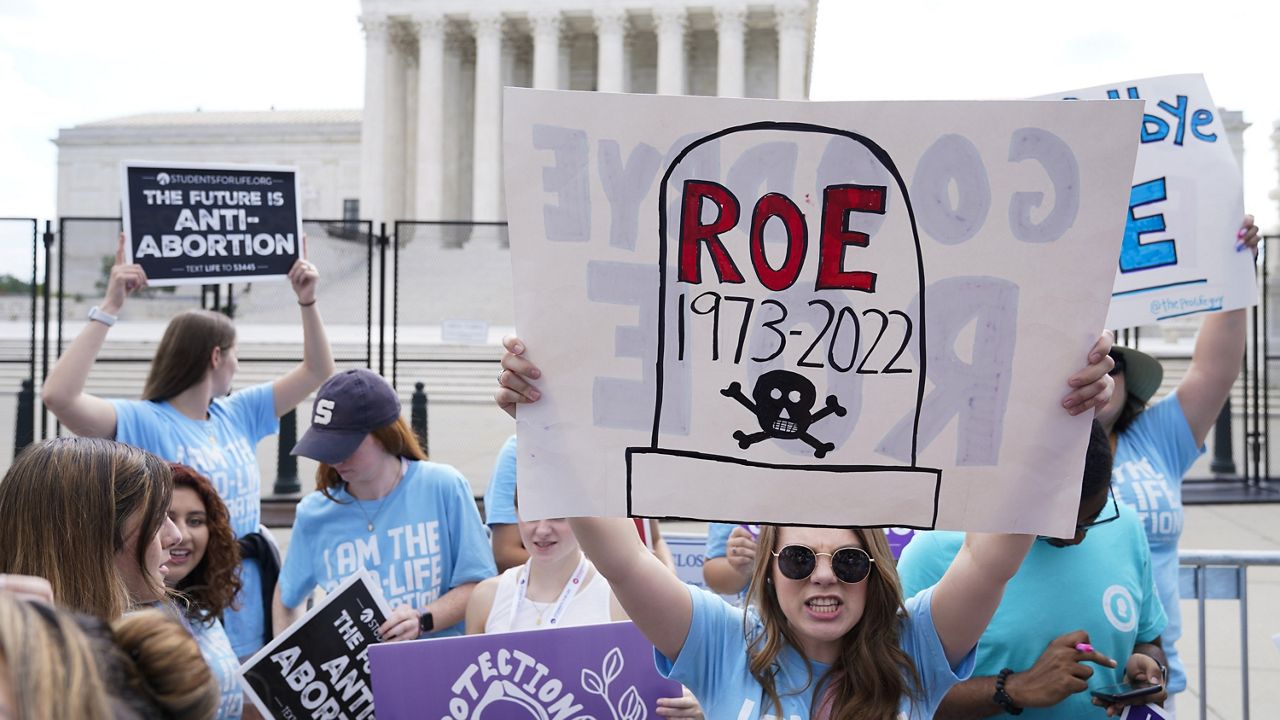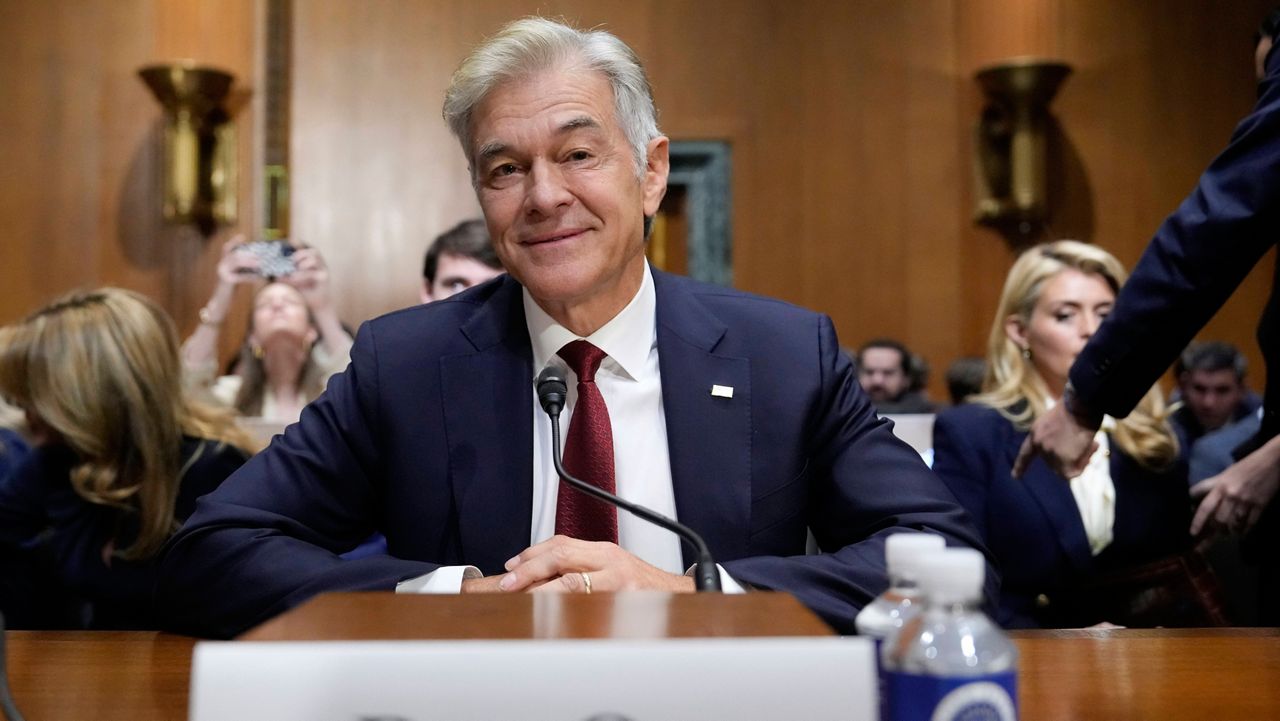The rate of people experiencing anxiety and depression in the wake of the Supreme Court decision overturning Roe v. Wade was higher in states where so-called “trigger” laws restricting abortions -- regulations put in place to be enacted in the event the ruling was overturned -- took effect than in other states, a new study found.
What You Need To Know
- The rate of people experiencing anxiety and depression in the wake of the Supreme Court decision overturning Roe v. Wade was higher in states where “trigger” laws restricting abortions took effect than in other states, a new study found
- Researchers at the Johns Hopkins Bloomberg School of Public Health analyzed national survey data from more than 700,000 respondents from the months leading up to the May 2022 leak of the draft opinion and then the ruling the following month, as well as the months that followed it
- In states with trigger laws, the mean score increased from 3.51 to 3.81 in the six months following the justices’ decision compared to the baseline, an 8.5% rise; meanwhile, in states without trigger laws, the mean score rose from 3.31 to 3.49, a 5.4% increase.
- The difference was most pronounced among women ages 18 to 45
Researchers at the Johns Hopkins Bloomberg School of Public Health analyzed national survey data from more than 700,000 respondents from the months leading up to the May 2022 leak of the draft opinion and then the ruling the following month, as well as the months that followed it. Their findings were published Tuesday in the Journal of the American Medical Association.
The survey includes a questionnaire that asks respondents to self-report the level of their anxiety or depression on a scale from zero to 12. Zero to two indicates no symptoms; three to five implies mild symptoms; and six to 12 signals moderate to severe cases.
In states with trigger laws, the mean score increased from 3.51 to 3.81 in the six months following the justices’ decision compared to the baseline, an 8.5% rise. Meanwhile, in states without trigger laws, the mean score rose from 3.31 to 3.49, a 5.4% increase.
The increase was small, but statistically significant in trigger-law states, the researchers said. They also noted the scores remained in the mild range.
The difference was most pronounced among women ages 18 to 45. In trigger-law states, the score increased from 4.62 to 4.76 — 3.03% higher. But in states without such laws, the score decreased by 1.75%, from 4.57 to 4.49.
“These findings suggest that changes in abortion policy can impact mental health at the population level,” study senior author Matthew Eisenberg, who is director of Johns Hopkins’ Center for Mental Health and Addiction Policy, said in a news release. “Policymakers should, of course, be aware of the first-order impacts of policies, but studies such as this suggest that they should also consider downstream policy effects on mental health, even when a policy is not specifically targeting mental health.”
When the Supreme Court ruled in Dobbs v. Jackson Women's Health Organization, it overturned Roe v. Wade — the nearly 50-year-old decision establishing the federal right to abortions — and returned abortion laws back to the individual states. Thirteen states had trigger laws in place that, in the event Roe was ever struck down, banned or severely restricted abortions. Those states were Arkansas, Idaho, Kentucky, Louisiana, Mississippi, Missouri, North Dakota, Oklahoma, South Dakota, Tennessee, Texas, Utah and Wyoming.
The authors noted their findings build upon other emerging research that shows denying women abortion access has been associated with adverse outcomes. The Johns Hopkins researchers are planning to study other potential affects from the abortion ruling, including, for example, on the supply of new doctors in certain specialties where abortion has been banned or heavily restricted.






